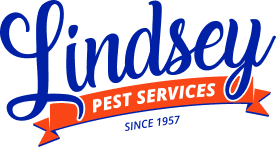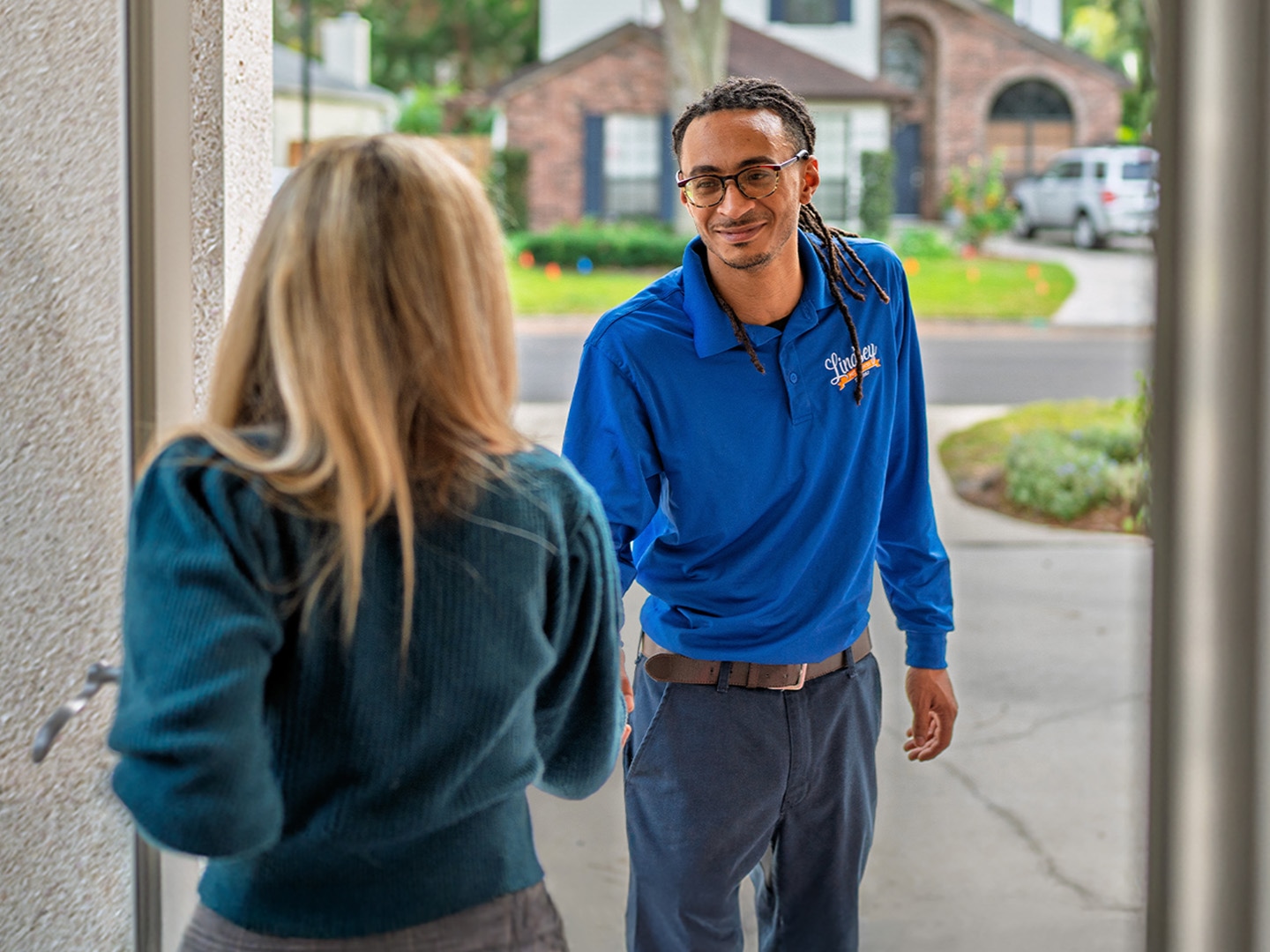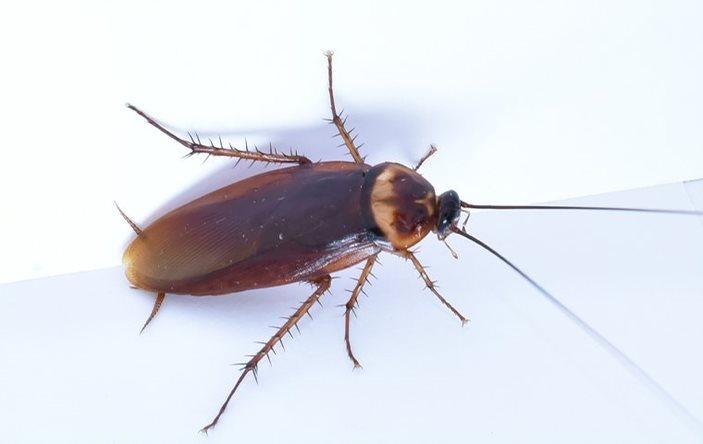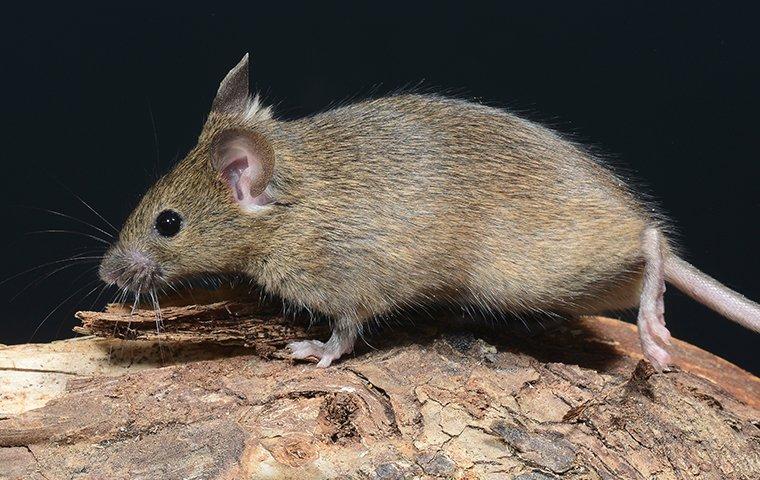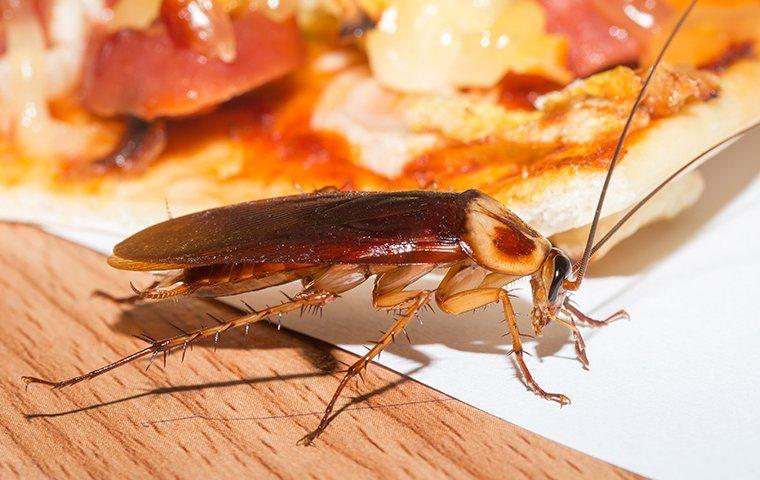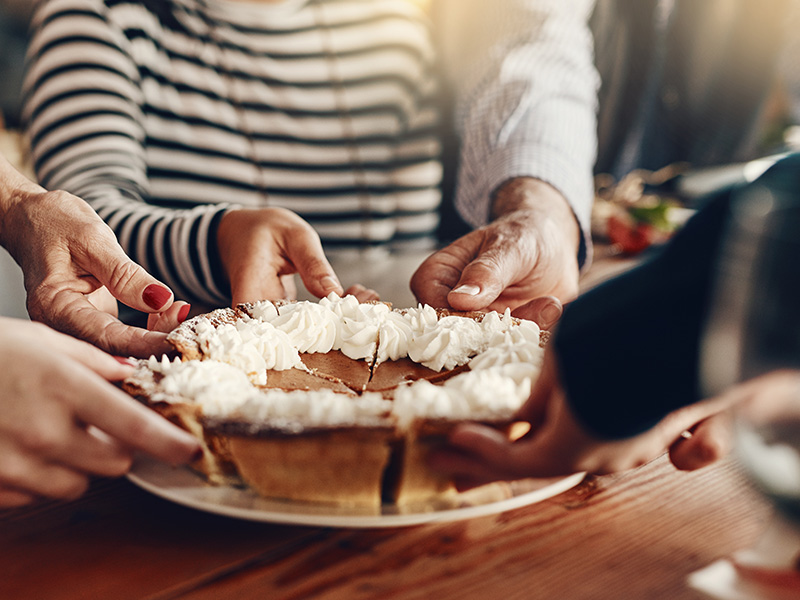13 Easy & Effective Spider Control Tips For Jacksonville Property Owners
Aug 20, 2020
With over 40,000 species worldwide, some of the more common pests that you are likely to see around your home are spiders. Although some spiders are indeed quite venomous and, as such, dangerous to humans, most of the spiders you encounter around the house are harmless. However, that doesn’t mean you want them creeping and crawling all throughout your home.
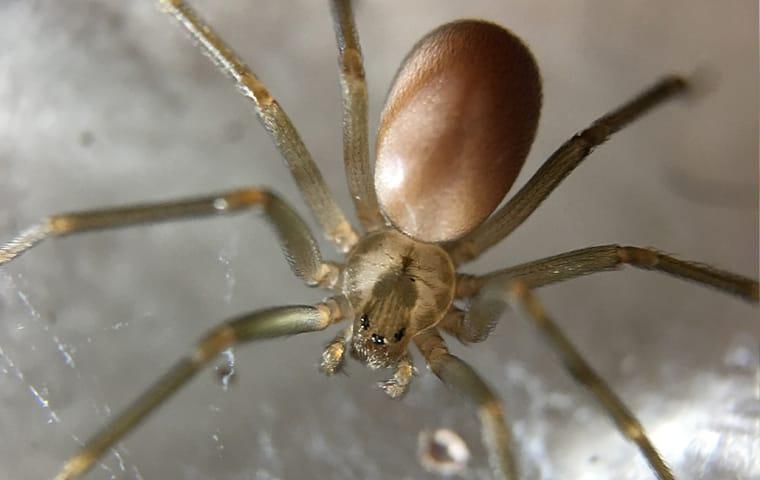
That’s why you should know some easy tips and tricks to keep spiders out of your house. By utilizing some easy and effective spider control techniques, you can greatly reduce your odds of running into any of these pests around your home.
Common Area Spiders
All spiders have eight legs. In addition, they usually have eight eyes though some may have up to twelve or none at all. Moreover, all spiders have fangs which they use to transfer venom into their prey.
With that in mind, some of the spiders you might encounter around the Jacksonville area include black widows, brown recluses, grass spiders, and black and yellow garden spiders.
Black widow spiders are easily identifiable by the red hourglass on the abdomens of the females. Their venom is 15 times stronger than that of a rattlesnake. As such, a bite from a black widow spider could result in nausea, muscle aches, paralysis, and in some cases, death. Though death due to a black widow bite is not guaranteed, you should seek immediate medical attention if bitten by one.
Brown recluse spiders are medium-sized spiders that range from white to dark brown or even black in color. Though they are not native to Florida, they are here, and their bites cause substantial damage to humans. It is important to get medical attention if bitten by one.
Grass spiders are brown or grey in color and have light stripes close to their heads. They build funnel-shaped webs in areas of tall grass or on the ground near window wells, steps, or low shrubs. Their bites do not pose much risk to humans.
Black and yellow garden spiders are large spiders with distinct yellow and black coloring on their abdomens and orange and black stripes on their legs. They are prone to bite in defense of themselves or their webs. Their bites may cause swelling and discomfort.
Spider Prevention Means Pest Prevention
Spiders, more often than not, will enter a home in search of food, i.e. other pests. That means the best way to prevent spiders from entering your home is to take the necessary steps to make your home less desirable and accessible to other pests. The best way to do this is:
-
Keep food stored in tightly-sealed containers or the refrigerator.
-
Wipe up any spills from counters or floors immediately.
-
Do not let dirty dishes build up in your sink.
-
Regularly take out the trash.
-
Store trash in tightly-sealed bins.
-
Keep both indoor and outdoor areas free of clutter.
-
Wipe away any webs you may spot.
-
Fix any leaky pipes or fixtures.
-
Use screens in doors and windows.
-
Fix any holes in existing door and window screens.
-
Use door sweeps on exterior doors.
-
Seal any cracks in the foundation of your home.
-
Seal gaps around the exterior window and door frames.
If you are able to accomplish these steps, you should greatly cut down on your exposure to all pests which, in turn, should cut down on your exposure to spiders in your home.
More Spider Prevention Advice And Assistance
If you have any more questions about spider prevention or require assistance, call the professionals here at Lindsey Pest Services. We have the experience and the expertise required to help you keep your home spider-free.
Don’t delay, and give us a call today!
